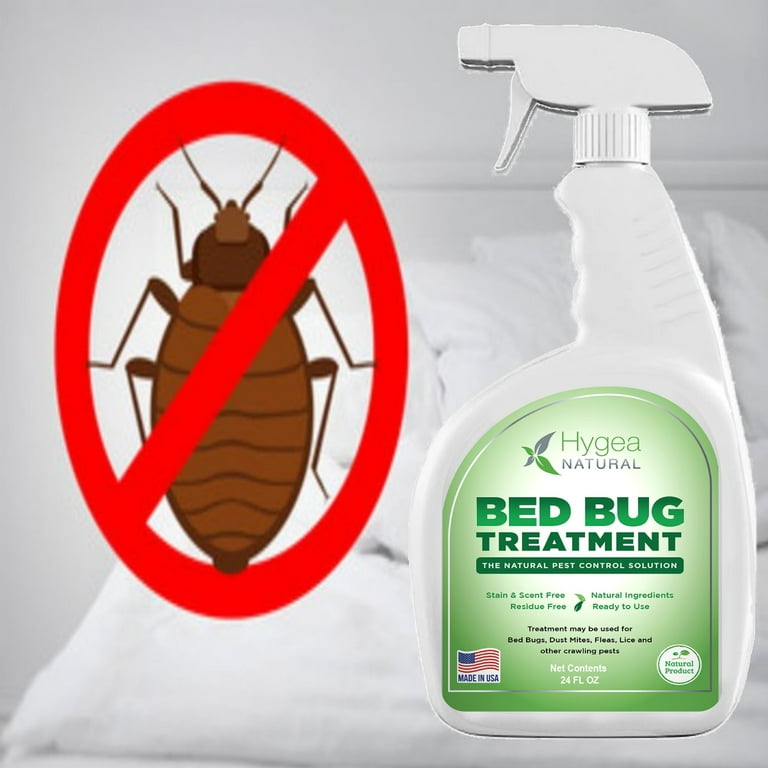A Break Down of the Numerous Kinds of Pest Control Solutions
In the world of bug control, a multitude of approaches exist to fight the presence and attend to of unwanted animals. From the traditional use chemical pesticides to extra ingenious biological control remedies, each technique offers distinctive advantages and limitations. As we browse with the diverse landscape of parasite control remedies, recognizing the ins and outs of each method comes to be extremely important in establishing one of the most efficient course of activity. Remain tuned as we explore the nuanced globe of parasite control methods and discover exactly how each type plays a distinct duty in safeguarding our atmospheres.
Chemical Pesticides
Chemical chemicals are commonly used in insect control to efficiently get rid of a wide variety of pests and various other parasites. These chemicals function by targeting the nerve system of the pests, disrupting their normal functions, and ultimately resulting in their demise. The use of chemical pesticides has been a staple in the bug control market for decades because of their effectiveness and fast outcomes.

Nevertheless, it is necessary to utilize chemical pesticides with care due to their possible hazardous impacts on the setting and non-target species. Inappropriate application or overuse of these chemicals can result in air pollution, harm to useful pests, and resistance development in bug populaces. Therefore, it is important to adhere to safety standards and laws when using chemical pesticides for insect control.
Biological Control Methods
Taking into consideration the possible ecological influences and dangers connected with chemical pesticides, biological control methods provide a more lasting strategy to taking care of bug populations. Biological control involves the use of all-natural adversaries, such as virus, killers, and parasites, to reduce insect populations. This approach is usually extra targeted, influencing only the details bug species while minimizing injury to helpful insects, humans, and the setting.

One benefit of organic control is its lasting performance. Once established, natural enemies can assist manage pest populaces continually without the demand for duplicated applications of chemicals. In addition, organic control is often more affordable and can help in reducing pesticide resistance in bug populations gradually. Generally, organic control techniques use a ecologically friendly and sustainable service to pest management.

Mechanical Parasite Control
Mechanical insect control involves the physical manipulation or removal of parasites to manage their populations successfully. One usual example of mechanical bug control is making use of catches to capture pests or rodents.
Another mechanical technique is the usage of obstacles such as internet, fences, or displays to block insects from going into certain locations. By literally preventing insects from accessing a place, the probability of invasions or damages can be dramatically reduced. Additionally, manual methods like handpicking insects off plants or structures can be effective for smaller-scale invasions.
While mechanical insect control techniques can be labor-intensive, they provide a non-chemical option that can be eco-friendly and sustainable. By targeting pests straight, mechanical control strategies can aid maintain bug populaces in check without counting on pesticides.
Natural Remedies
Using natural solutions for bug control provides a sustainable and eco-friendly technique to handling pest populations without resorting to chemical interventions. All-natural solutions include making use of compounds acquired from plants, minerals, or other normally occurring sources to prevent or eliminate bugs.
Additionally, necessary oils such as tea tree oil or neem oil have insecticidal homes that can effectively regulate pests while being secure for the atmosphere. One more natural remedy is presenting valuable insects like ladybugs or praying mantises to your garden to exploit hazardous bugs. By including these natural services into bug monitoring approaches, individuals can reduce their reliance on synthetic chemicals and promote a healthier, a lot more well balanced ecological community.
Integrated Parasite Management
Integrated Pest Management (IPM) is an extensive technique that integrates different approaches to properly regulate pest populaces while decreasing threats to human wellness and the setting. IPM entails the assimilation of numerous parasite control approaches such as organic control, habitat control, modification of cultural practices, and Kings cincinnati pest control the usage of immune plant ranges. By using a combination of these techniques, IPM intends to lower dependence on chemical pesticides, which can have unfavorable influence on environments and human health and wellness.
One key facet of IPM is the focus on prevention. By executing measures to avoid parasite problems before they occur, such as keeping correct cleanliness and sealing access points, the requirement for reactive parasite control procedures is reduced. Monitoring and normal assessments play a vital role in IPM, permitting very early detection of parasite problems and punctual intervention.
Conclusion
In verdict, the different kinds of insect control solutions use a series of alternatives for efficiently managing parasite invasions. Chemical chemicals give quick obliteration but might have environmental dangers. Biological control techniques make use of natural killers to control bugs. Mechanical pest control includes physical obstacles or traps. All-natural solutions use safe alternatives. Integrated Bug Management integrates numerous strategies for an alternative strategy to pest control. Each method has its very own advantages and drawbacks, and picking one of the most proper solution depends on the details insect problem at hand.
Chemical pesticides are typically utilized in bug control to successfully remove a vast array of pests and various other parasites.Mechanical pest control involves the physical control or removal of insects to manage their populations efficiently (Kings exterminator cincinnati).Utilizing all-natural solutions for parasite control uses a eco-friendly and lasting method to managing pest populaces without resorting to chemical treatments.Integrated Bug Administration (IPM) is an extensive method that combines various approaches to properly manage pest populations while decreasing threats to human health and wellness and the environment.In verdict, the different types of parasite control remedies use a range of alternatives for successfully managing pest problems